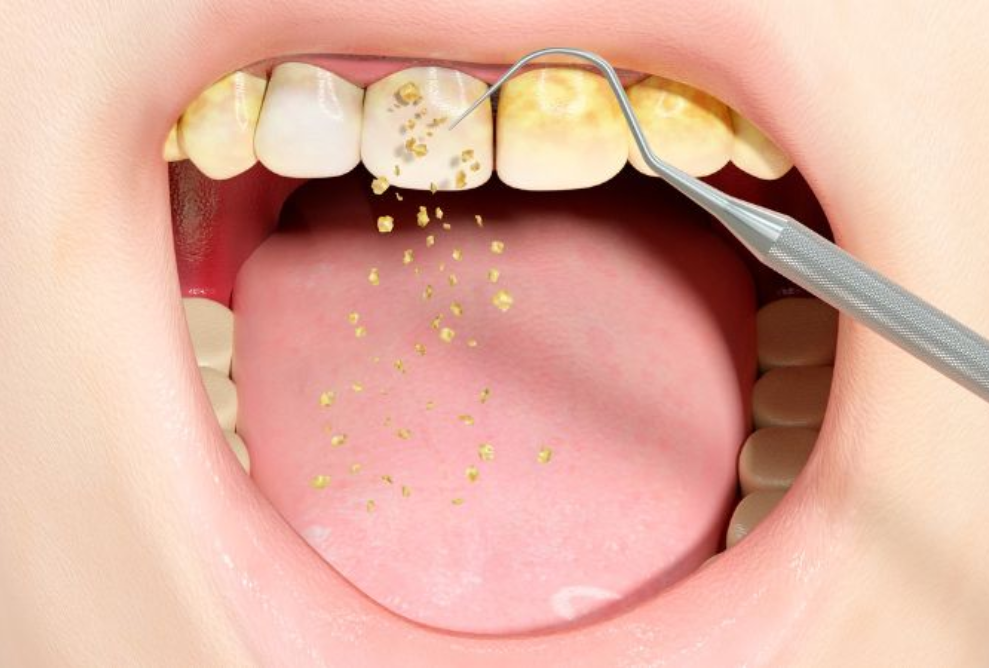Did you know that having your teeth cleaned regularly may help you keep your natural teeth for longer? The answer is yes! Get regular teeth cleaning treatment in Surrey, as it is one of the easiest and most effective methods for preventing tooth loss. This looks after your teeth and gums. A dental cleaning also removes plaque and tartar that the toothbrush can’t reach.
What is Teeth Cleaning and Why Does it Matter?
Many people believe that brushing their teeth and flossing at home is enough. A professional dental cleaning is a preventative treatment that a hygienist performs to remove plaque, tartar, and bacteria that brushing can’t.
When you’re cleaned, they also polish your teeth and remove any stains or hardened deposits. The process not only keeps your teeth white but also keeps your gums and bone safe from infection, the two factors that affect tooth health in the long term.
How Does Professional Cleaning Help Prevent Tooth Loss?
An expert dentist in Surrey will make you understand that tooth loss is not just due to accidents or decay but also due to gum disease. When bacteria accumulate beneath your gums, they damage the bone supporting your teeth.
- Getting your teeth cleaned by a professional can reduce this
- Removing tartar that traps bacteria near your gumline
- Decreasing inflammation that causes gum bleeding or swelling
- Don’t let decay reach the inner regions of your teeth
- Supporting bone health around each tooth
Simply put, regular cleanings act as a shield, protecting your smile from serious dental problems that could lead to tooth loss.
Why Should You Schedule Teeth Cleaning Treatment Near You?
The reality is, many symptoms may not be apparent to the eye without our tools.
Regular cleanings can help detect and treat dental issues before they become painful or costly. By going to the dentist, you can obtain treatment to prevent cavities from becoming serious problems.
Benefits of early cleanings include:
- Fresher breath and a brighter smile
- Stronger gums and teeth
- Lower dental costs in the long run
- Early detection of dental issues
Is There a Difference Between Regular and Deep Cleaning?
The purpose of both treatments is to remove plaque and bacteria. A regular cleaning removes plaque and tartar from the surface of your teeth and around the gum line. Usually done every six months to preserve healthy gums and keep hard build-up away.
Deep cleaning takes place at the gum line to clean the roots of your teeth. It’s recommended when gum disease or infection is present. The therapy prevents the bacteria from proliferating, thus allowing the healing of the gums.
A dentist near you will evaluate your gums and recommend whether you need a routine cleaning or a more complex one for long-term safety.
How Frequently Should You Schedule a Dental Cleaning?
It is suggested that you get a teeth cleaning near you every 6 months by most dental professionals. But in case you have gum disease, dry mouth, or wear braces, your dentist may suggest switching to a more frequent check-up routine.
When you miss appointments, plaque gets the chance to harden into tartar. Brushing will not be able to remove this. As time passes, this may lead to infection and loss of gums and eventually teeth.
How Can Regular Cleanings Improve Your Overall Health?
When you get your teeth cleaned regularly, you are not just keeping your teeth safe. Medical conditions such as diabetes and heart disease have been known to be associated with gum disease. Maintaining your mouth helps lower whole-body inflammation.
Key health benefits include:
- Reduced risk of heart disease and stroke
- Lower chance of infections
- Better immune response
- Healthier gums and fresher breath
Ready to Protect Your Smile?
If you take care of your natural teeth with consistent routine cleaning, you will be able to keep the same teeth for life. Smile 64 Clayton Dental is ready for your cleaning appointment today! With a bright, clean smile, you will feel happy all day long!
FAQs
How long does a professional teeth cleaning take?
It usually takes 30 to 60 minutes but varies from person to person depending on factors like plaque build-up and gum health.
Does teeth cleaning hurt?
No, it’s usually painless; you might only feel some pressure or a tickle.
Can cleanings whiten my teeth?
Stains on the tooth surface can be removed for natural brightness.
What happens if I skip cleanings for a year?
Increased tartar can raise your chances of developing gum disease or a cavity.

